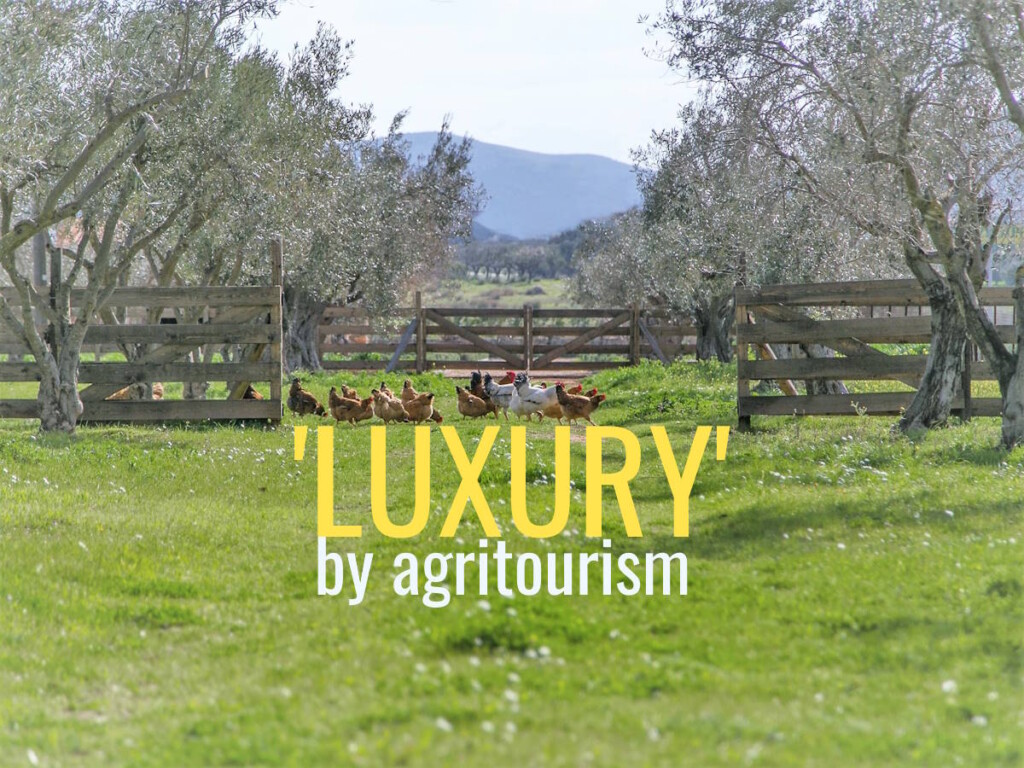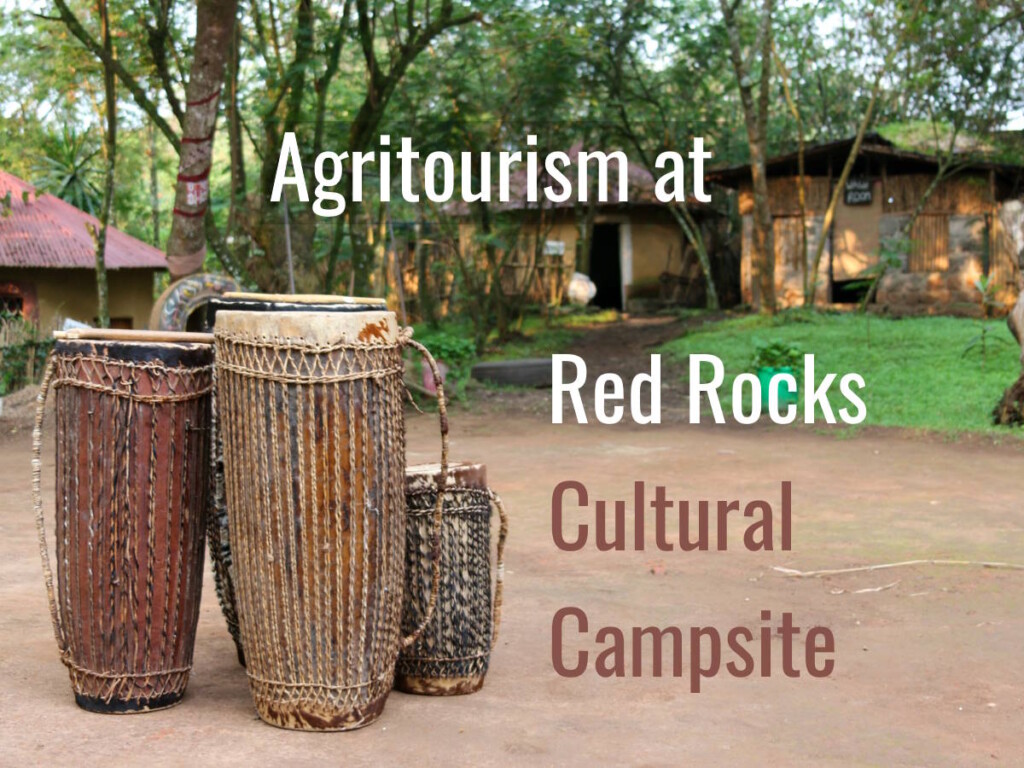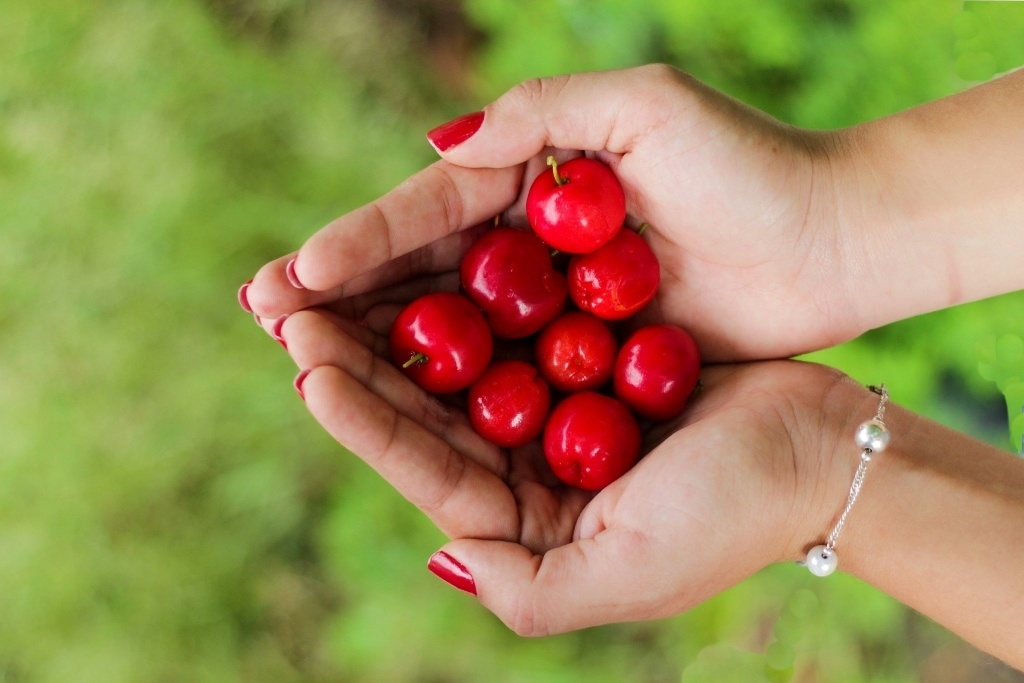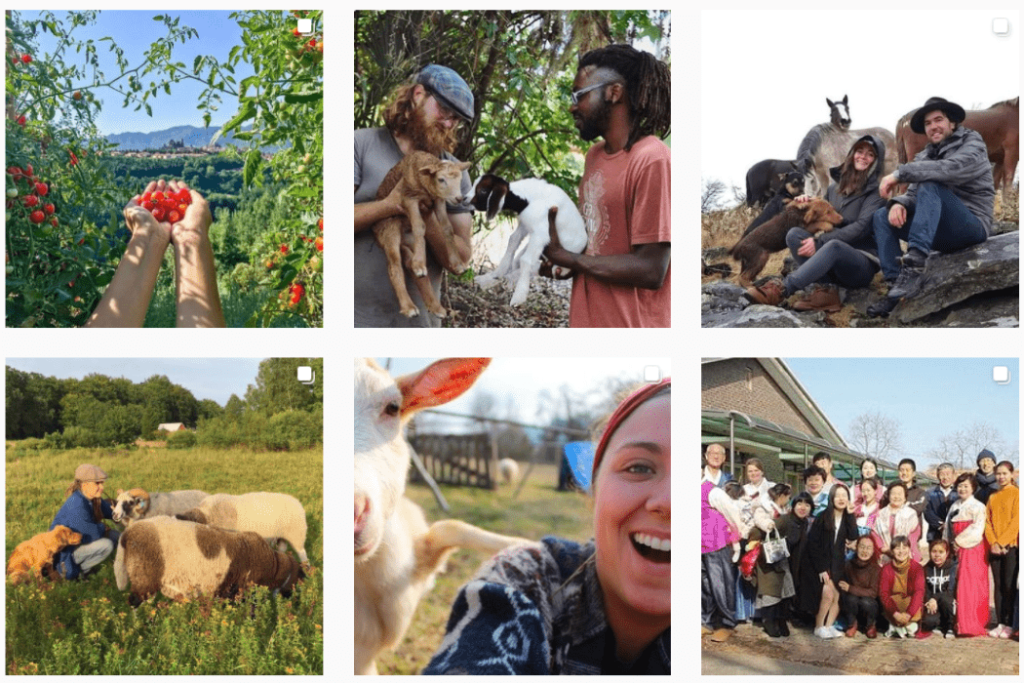Rural tourism and agritourism
Scroll down for posts that have been tagged with “rural tourism and agritourism”; travel & tourism pertaining to non-urban, especially agricultural, areas.
Rural tourism and agritourism are two rapidly growing segments within the tourism industry that provide visitors with the opportunity to experience authentic, rural lifestyles and agricultural activities.
Rural tourism encompasses a wide range of activities, including hiking, camping, hunting, fishing, and sightseeing. Agritourism, on the other hand, involves visiting working farms and participating in farm-related activities such as picking fruit, milking cows, and learning about sustainable farming practices.
Both forms of tourism offer a unique and rewarding experience for travellers seeking to disconnect from the hustle and bustle of city life and connect with nature.
One of the main benefits of rural tourism and agritourism is the opportunity for visitors to learn about traditional rural and agricultural practices. These activities allow travellers to gain a better appreciation of the land and its inhabitants. By interacting with farmers and locals, visitors can gain insights into the challenges and rewards of rural life, and learn about the important role agriculture plays in sustaining rural communities.
In addition to the educational value, rural tourism and agritourism can also be an economic boon for rural communities. By offering these experiences, farmers and other rural businesses can diversify their income streams and promote their products to a wider audience. These activities can also help to create jobs and stimulate local economies, particularly in regions that are struggling with population decline and outmigration.
However, rural tourism and agritourism are not without their challenges. These activities must be managed carefully to ensure that they do not negatively impact the local environment, wildlife, or rural way of life. Proper planning and management are essential to ensure that visitors are respectful of local customs and practices, and that the tourism activities are sustainable and do not harm the natural resources of the area.
Tags are informal. The “Good Tourism” Blog tries not to get bogged down with terminology and definitions. If you disagree with tags applied (or not applied) to a post, feel free to comment on it or any post you think has been incorrectly or insufficiently tagged. “GT” encourages good-faith debate and discussion.






